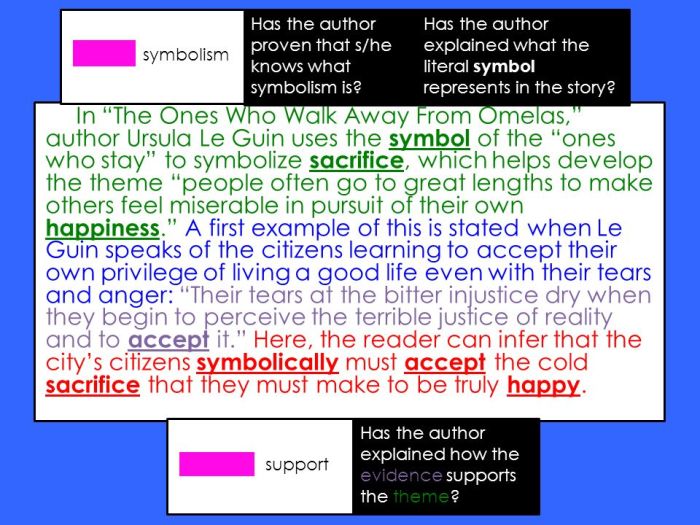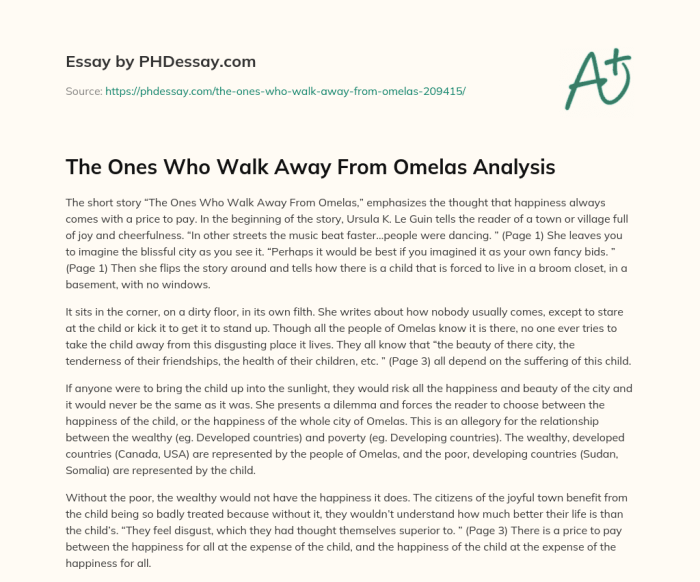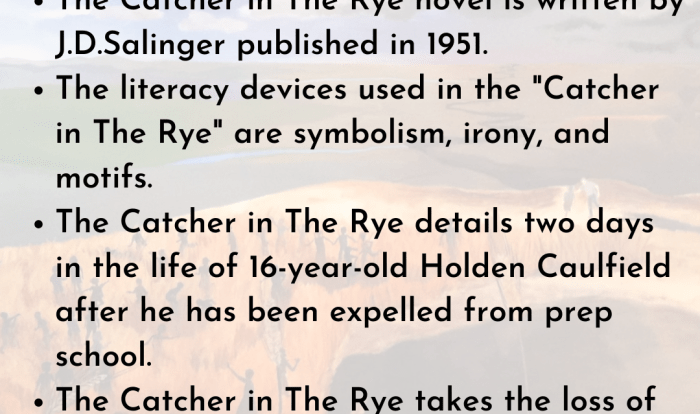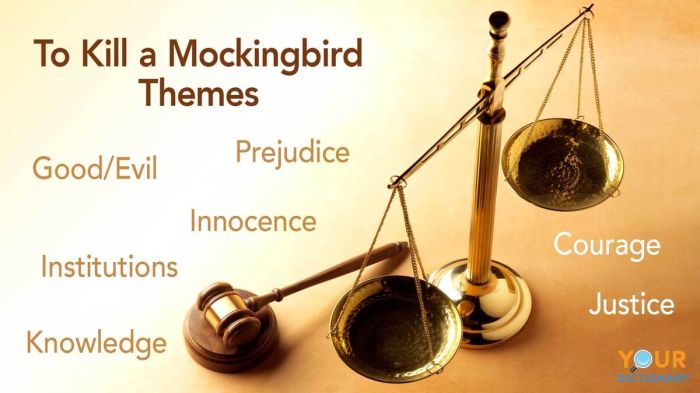The ones who walk away from omelas discussion questions – Delving into Ursula K. Le Guin’s thought-provoking short story, “The Ones Who Walk Away from Omelas,” this discussion guide invites readers to engage with the profound ethical dilemmas and societal reflections that lie at the heart of this literary masterpiece.
As we explore the intricate web of individual happiness, collective suffering, and the nature of suffering itself, we embark on a journey that challenges our assumptions and compels us to confront the complexities of human existence.
The Ethical Dilemma

The central ethical dilemma in “The Ones Who Walk Away from Omelas” is the choice between individual happiness and collective suffering. The city of Omelas is a utopia, but its prosperity is built upon the secret suffering of a single child.
The narrator presents the reader with a choice: to stay in Omelas and enjoy its pleasures, knowing that the child’s suffering is the price, or to walk away and leave the city to its own devices.
Choosing to walk away from Omelas is a difficult decision. It requires the individual to sacrifice their own happiness for the sake of another. However, it also raises questions about the responsibility of individuals to act against injustice, even when it is not their own.
Different Perspectives on the Ethical Implications of the Choice, The ones who walk away from omelas discussion questions
There are different perspectives on the ethical implications of choosing to walk away from Omelas. Some people believe that it is the only moral choice, as it is wrong to benefit from the suffering of others. Others believe that it is better to stay in Omelas and try to improve the situation for the child, even if it means sacrificing one’s own happiness.
The Nature of Suffering

The story depicts suffering in various forms, both physical and psychological. The child in the basement is the most obvious example of physical suffering, but the citizens of Omelas also suffer from the knowledge that their happiness is built on the child’s pain.
The narrator describes the citizens as “afraid,” “guilty,” and “ashamed” of their secret.
The different types of suffering presented in the story highlight the complex nature of human suffering. Physical suffering is often seen as the most severe form of suffering, but psychological suffering can be just as damaging. The citizens of Omelas suffer from a sense of guilt and shame that is as real and painful as the child’s physical suffering.
The Role of the Imagination: The Ones Who Walk Away From Omelas Discussion Questions
The imagination plays a crucial role in the story. The reader is never given a detailed description of Omelas or its inhabitants. Instead, the reader is left to imagine the city and its people based on the narrator’s descriptions. This allows the reader to create their own mental image of Omelas, which makes the story more personal and impactful.
The reader’s imagination is also used to create and visualize the child in the basement. The narrator provides only a few brief details about the child, such as their age and gender. This allows the reader to fill in the blanks and create their own image of the child, which makes the child’s suffering more real and relatable.
The Symbolism of Omelas
Omelas is a symbol of society and its flaws. The city’s beauty and prosperity contrast with the suffering of the child in the basement, highlighting the fact that society is often built on injustice and inequality. The city’s hidden secret represents the dark side of society that we often choose to ignore.
The significance of Omelas’s hidden secret is that it forces the reader to confront the reality of suffering in the world. The child in the basement is a reminder that there is always someone who is suffering, even in the most prosperous and seemingly perfect societies.
The Individual vs. the Collective

The story explores the tension between individual happiness and the well-being of the collective. The citizens of Omelas are faced with a choice: to sacrifice their own happiness for the sake of the child, or to continue to enjoy the city’s prosperity while ignoring the child’s suffering.
The story challenges the notion of individual autonomy and responsibility. It asks the reader to consider the extent to which individuals are responsible for the suffering of others, even if they are not directly responsible for causing it.
The Ambiguity of the Ending

The ending of the story is ambiguous. The narrator does not tell us what happens to the people who walk away from Omelas. This ambiguity is significant because it allows the reader to interpret the story in their own way.
The different interpretations of the ending highlight the complexity of the story’s themes. Some readers believe that the people who walk away from Omelas are the only ones who truly understand the nature of suffering and injustice. Others believe that the people who stay in Omelas are more compassionate and understanding, as they are willing to sacrifice their own happiness for the sake of others.
Commonly Asked Questions
What is the central ethical dilemma presented in “The Ones Who Walk Away from Omelas”?
The central ethical dilemma revolves around the choice between the happiness of one individual and the suffering of many. The story poses the question of whether it is morally justifiable to allow the suffering of a single child to ensure the well-being and prosperity of an entire society.
How does the story explore the nature of suffering?
The story depicts suffering in various forms, from the physical and emotional pain endured by the child in the basement to the psychological anguish experienced by those who are aware of the child’s plight. Le Guin’s portrayal of suffering challenges readers to confront the complexities of pain and its impact on individuals and society as a whole.
What is the significance of the imagination in the story?
The imagination plays a crucial role in shaping the reader’s experience of the story. Le Guin invites readers to visualize the city of Omelas and its inhabitants, creating a vivid and immersive world that allows us to connect with the characters and their struggles.
The imagination becomes a tool for empathy and understanding, enabling us to grapple with the ethical implications of the story.

